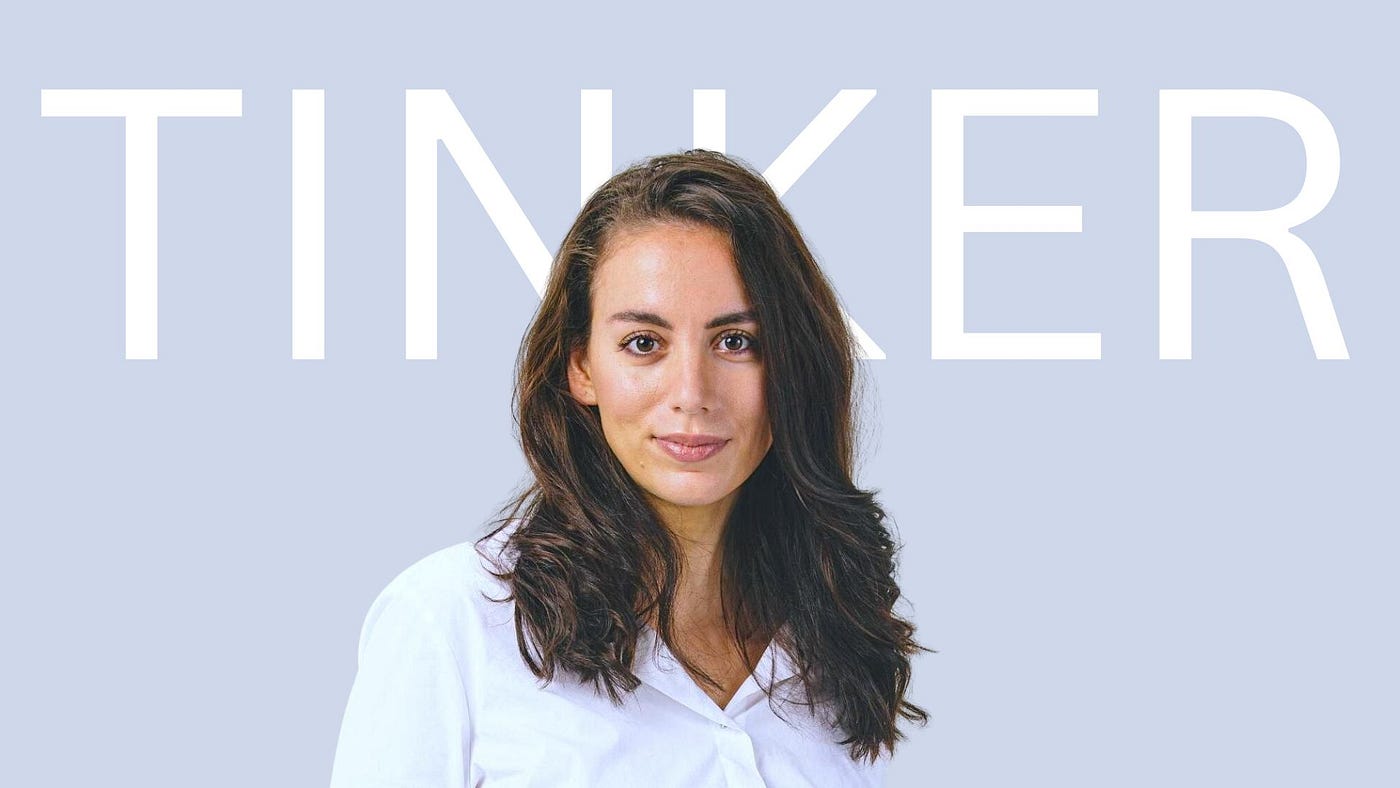Mira Murati, the former CTO of OpenAI, has unveiled her new startup, Thinking Machines Lab, which has introduced Tinker, a versatile API for fine-tuning AI models. This launch comes with an impressive $2 billion in seed funding.
Thinking Machines Lab has transitioned from being a secretive research facility to a product-driven company with the launch of Tinker, its first offering. This API is designed to help developers create customized AI models more easily.
The announcement made on Wednesday marks a significant step for the startup as it aims to compete with established players in the enterprise AI sector, leveraging its substantial funding to innovate in the field.

Tinker operates as a managed service, providing developers with detailed control over algorithms and data while simplifying the complex aspects of distributed training.
This setup enables users to work with various open-weight models, ranging from smaller systems to more advanced mixture-of-experts models, without the need to handle the underlying infrastructure.
The platform’s primary focus is on specialization in AI. Rather than relying on generic models, businesses will require AI tailored for specific tasks. Tinker is designed to make this process easier, automating the creation of these specialized models.
It incorporates methods like Low-Rank Adaptation (LoRA) to efficiently utilize computing resources, reducing costs for users who are conducting multiple training experiments.
To promote its use, the company has also launched an open-source library called the “Tinker Cookbook,” which features modern implementations of post-training techniques.
Currently, Tinker is in a private beta phase, being tested by research groups from prestigious institutions such as Stanford, Berkeley, Princeton, and Redwood Research. Early adopters are working on challenging projects, including training models for mathematical theorem proving and enhancing models for chemistry reasoning. A public waitlist for the platform is now available.
The launch of Tinker represents the first major product from Thinking Machines Lab since it was officially established in February.
This startup is one of the most notable ventures to emerge from the “OpenAI Mafia,” a group of former OpenAI talent who have gone on to create numerous new startups after leaving the company.
Mira Murati stepped down from her role as OpenAI’s CTO in September 2024 to pursue her own ambitions. She quickly gathered a talented team, recruiting top professionals from various companies, including DeepMind, Meta, and Mistral AI.
One of her key hires was John Schulman, a co-founder of OpenAI, who joined as Chief Scientist after a short period at Anthropic.
Schulman noted that the opportunity at Thinking Machines Lab was one he found “extremely compelling.” He was accompanied by other former OpenAI employees, including Barret Zoph, who took on the role of CTO.
This impressive team helped the startup secure a groundbreaking $2 billion in seed funding in June, valuing the company at an astonishing $10 billion.
This funding not only set new records in venture capital but also provided the resources necessary for the company to compete against its former employer.
The mission of Thinking Machines Lab is to develop models that can drive scientific and engineering advancements.
In its launch announcement, the lab emphasized its commitment to building robust solutions for the long term, focusing on both productivity and security rather than taking shortcuts.
Mira Murati has expressed her vision to advance AI by making it more useful and understandable through solid foundations, open science, and practical applications.
The introduction of Tinker heightens the ongoing competition for talent within Silicon Valley. The demand for skilled AI professionals is so high that companies are employing extreme tactics to attract them.
Thinking Machines Lab has become a significant target in this talent war. Reports indicate that Meta attempted to lure away several of its employees with an unsuccessful offer valued at $1.25 billion for one top researcher. The rejection of this offer demonstrates the limits of even Meta’s extensive financial resources.
This ongoing battle for talent has led to crises in established laboratories, with the competition now centered around a new form of currency: computing power.
As Meta CEO Mark Zuckerberg recently pointed out, the priorities of recruits have shifted. He stated that potential hires now prioritize having fewer direct reports while seeking access to more GPUs.
With the launch of Tinker, Thinking Machines Lab is utilizing its substantial funding and elite team to establish a unique position in the AI landscape.
This move indicates a belief that the future of AI lies not just in creating larger general models but in enabling the development of smaller, highly specialized models.
Other Stories You May Like
